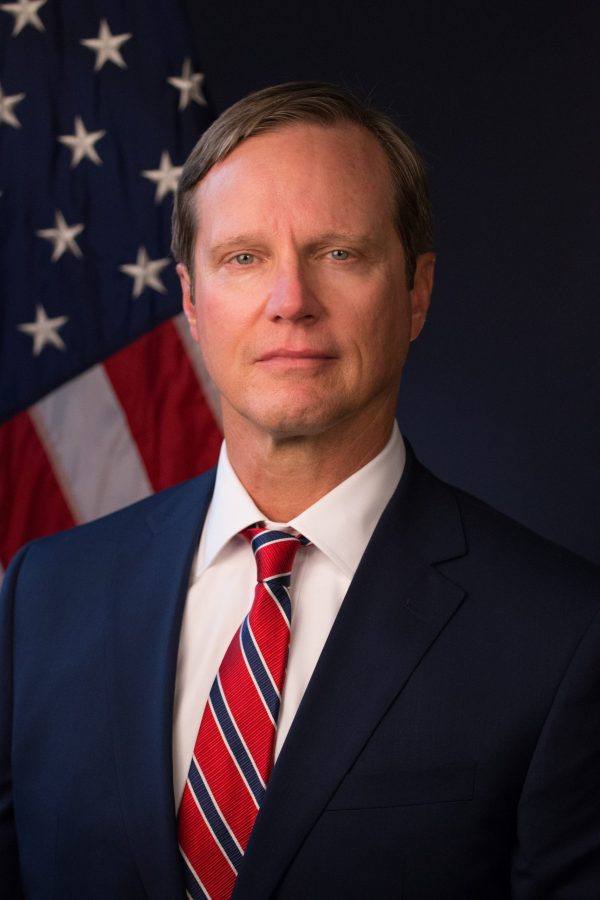
Lawrence Keefe, United States Attorney for the Northern District of Florida. Keefe has served since January 2019 as the chief federal law enforcement officer in the 23-county district, with offices in Tallahassee, Gainesville, Panama City and Pensacola.
All across America, there is a new priority properly being placed on significant reform in how police do their jobs in our country. Following the death of George Floyd and the related widespread further erosion of trust between some communities and law enforcement, a sharp focus has been placed on the need to establish national standards on police “use-of-force” policies.
Though there is much work still to be done, sustained public attention on these issues has resulted in meaningful progress. In the 23-county Northern District of Florida, I am glad to report that we have taken a key first step that will soon impact state and local law enforcement agencies across the region.
Our United States Attorney’s Office will coordinate the implementation of law enforcement standards for certification. These standards will be used to certify state and local law enforcement agencies in the district, from Pensacola to Gainesville. In order to receive certain Department of Justice financial grants, all state, local, and university law enforcement agencies must be certified by independent credentialing agencies. The Florida Department of Law Enforcement will be the Northern District’s credentialing agency.
Law enforcement agencies must meet two standards in order to be successfully credentialed. First, the agency’s use-of-force policies must prohibit chokeholds, except in specific and limited situations in which the use of deadly force is allowed by law. Second, the agency’s use-of-force policies must adhere to all applicable federal, state, and local laws.
The implementation of these standards will include the review of such things as:
1) Training protocols on use of force;
2) Training protocols on de-escalation;
3) The scope of an officer’s duty and obligation to intervene in order to prevent excessive force by another officer;
4) When and how an officer should provide appropriate medical care;
5) Officers identifying themselves as law enforcement and giving verbal warning of their intent to use deadly force; and
6) Shooting at or from a moving vehicle.
Additionally, law enforcement agencies are encouraged to implement early intervention systems to promote officer wellness and to identify officers who may be at risk of violating use-of-force policies. Policies and procedures to help recruit and promote the best and brightest officers and to create community engagement plans to address each community’s specific needs also are integral elements of these reform actions.
We are in a crucial time of increasingly dangerous crime. It is a good thing that we are engaged in a complex national conversation about the relationship of law enforcement to the communities it is sworn to protect and serve. The implementation of these standards will provide for more accountability, transparency, and community engagement.
Nationally respected civil rights attorney Ben Crump provided an insightful perspective about the higher level that law enforcement must strive to reach in its relationship with minority communities: “If you want our trust, then you must be transparent and you must be accountable.”
At this pivotal time in our history, these critical elements are essential to help promote trust and safety for the public and the dedicated law enforcement officers who risk their lives every day.





































